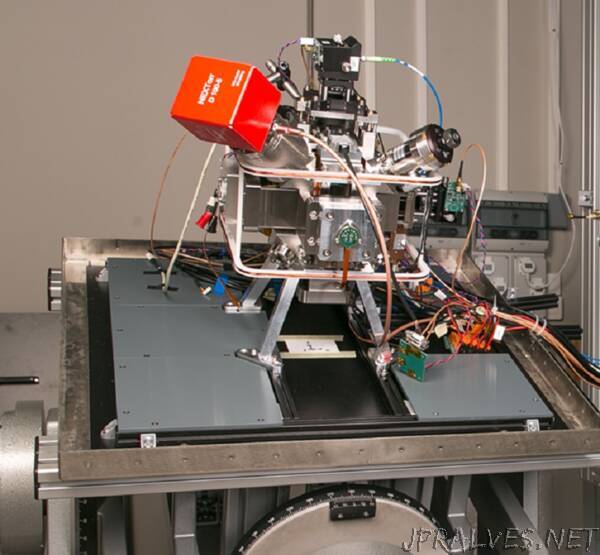
“How can we navigate airliners or allow military vehicles to stay on course without GPS or satellite signals? This is a problem for which quantum inertial sensors offer a solution. Harnessing quantum technology, they can take ultrasensitive measurements of acceleration in three dimensions, and in any orientation. However, the ideal inertial sensor for navigation must, on the one hand, emit signals continuously at a high rate, and on the other, remain precise and sensitive over extended periods. Classic inertial sensors do meet the first criterion, but they err over time. Conversely, quantum sensors are extremely precise and sensitive, but measures are accompanied by dead time. By combining both sensor technologies, a team of scientists1 led by a CNRS researcher has developed the first multidimensional hybrid quantum inertial sensor. In an article published in Science Advances, they demonstrate that their device emits a steady signal at the rate of a classic sensor but with 50 times greater precision, using in situ, real-time calibration made possible by quantum measurements. Such an instrument can be used to continuously measure and track acceleration in three dimensions no matter the position of the sensor. The full potential of these properties may be realized through onboard applications, as for aeroplane navigation without the aid of global navigation satellite systems (GNSSs).
Bibliography
Tracking the Vector Acceleration with a Hybrid Quantum Accelerometer Triad, Simon Templier, Pierrick Cheiney, Quentin d’Armagnac de Castanet, Baptiste Gouraud, Henri Porte, Fabien Napolitano, Philippe Bouyer, Baptiste Battelier, and Brynle Barrett. Science Advances, 9 November 2022. DOI : 10.1126/sciadv.add3854”
